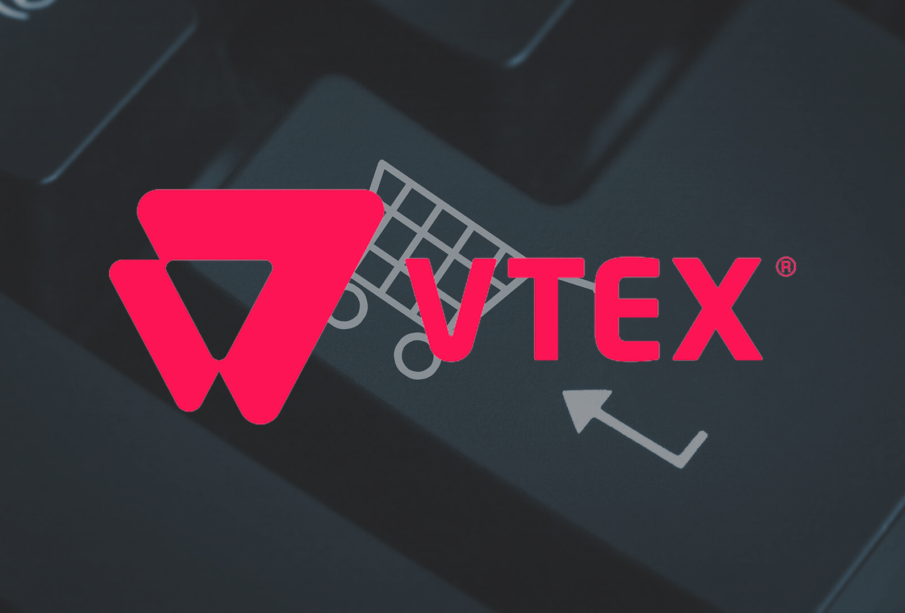VTEX raises $225M at a $1.7B valuation for e-commerce solutions aimed at retailers and brands

Sellers and consumer brand names are focused more than ever in their histories on utilizing e-commerce channels to get in touch with customers: the global health pandemic has disrupted much of their traditional business in places like physical stores, occasion places and restaurants, and vending machines, and accelerated the hunt for newer ways to offer goods and services. Today, a startup that’s been assisting them build those bridges, particularly to expand into newer markets, is announcing a big round of funding, highlighting the need.
VTEX, which builds e-commerce solutions and methods for retailers like Walmart and substantial customer names like AB InBev, Motorola, Stanley Black & & Decker, Sony, Walmart, Whirlpool, Coca-Cola, and Nestlé, has raised $225 million in new funding, valuing the company at $1.7 billion post-money.
The funding is being co-led by 2 investors, Tiger Global and Lone Pine Capital, with Constellation, Endeavour Catalyst, and SoftBank also getting involved. It’s a mix of investors, with 2 leads, that uses a “signal” of what might come next for the start-up, said Amit Shah, the business’s chief method officer and general supervisor for North America.
“We have seen them buy big rounds right prior to companies go public,” he said. “Now, that’s not always occurring here today, but it’s a signal.” The business has been successful and prepares to continue to be, Shah said (making it one example of a SoftBank financial investment that hasn’t gone sour). Profits this year are up 114% with $8 billion in gross product volume (GMV) processed over platforms it’s constructed.
Given that VTEX last raised money less than a year back– a $ 140 million round led by SoftBank’s Latin American Development Fund– the valuation dive for the startup is big. Shah confirmed to us that it represents a 4x increase in its previous assessment (which would have been $425 million).
The interest back in November from SoftBank’s Latin American fund stemmed from VTEX’s beginnings.
The business got its start building e-commerce storefronts and techniques for businesses that were wishing to get into Brazil– the B of the world’s biggest emerging “BRIC” markets– and the rest of Latin America. It made its name structure Walmart in the region and has continued to assist run and develop that operation even after Walmart divested the property, and it’s dealing with Walmart now in other regions outside the United States, too, he included.
However ever since, while the Latin American arm of the business has continued to flourish, the company has capitalized both on the financing it had selected up, and the present international climate for e-commerce options, to expand its service into more markets, specifically North America, EMEA and most recently Asia.
“We are today a lot more satisfied by the quality and energy of the VTEX group than we were when we purchased the previous round,” stated Marcello Silva at Constellation. “The very best is yet to come. VTEX’s group is more powerful than ever, VTEX’s product is more powerful than ever, and we are still in the early stages of e-commerce penetration. We could not miss out on the chance to increase our exposure.”
Revenues were growing at a rate of 50% a year before the pandemic ahead of it’s more current growth this year of 114%, Shah stated. “Obviously, we would prefer Covid-19 not to be here, however it has had a great effect on our business. The arc of e-commerce has grown has affected earnings and created that additional level of financier interest.”
VTEX’s success has hinged not just on accommodating companies that have up to now not prioritized their online channels, but in doing so in a manner that is more unified.
Consumer packaged goods have been in a multi-faceted bind because of the fragmented way in which they have grown. A beverages brand will not only manufacture on a regional level (and often, as in the case of, state, Coca-Cola, use various ingredient formulations), however, they will frequently have items that are only sold in choose markets, and because the audiences are different, they’ve developed marketing and distribution methods on a local level, too.
On top of all that, items like these have long relied on channels like retailers, dining establishments, vending devices, and more to get their products into the hands of customers.
Nowadays, naturally, all of that has been interrupted: all the conventional channels they would have used to sell things are now either closed or seeing considerably reduced custom-made. And as for marketing: the rise of socials media has led to globalization in messaging, where something can go viral all over the world and marketing, therefore understands no local borders.

So, all of this suggests that brand names need to reconsider everything around how they sell their products, and that’s where a business like VTEX actions in, developing methods and solutions that can be utilized in numerous regions. Among normal offers, it’s been dealing with AB InBev to establish a worldwide commerce platform covering 50 countries (replacing multiple products from other vendors, normally rivals to VTEX consist of SAP, Shopify, and Magento, and offering brand names and others a feasible route to market that does not cut in the similarity Amazon).
“CPG businesses are looking to standardize and make their businesses and lives a little easier,” Shah stated. Typical work that it does consists of structure markets for sellers, or new e-commerce user interfaces so that brand names can better provide online and offline retailers, or offer directly to clients– for instance, with brand-new ways of buying products to get delivered by others. Shah stated that some 200 marketplaces have now been constructed by VTEX for its customers.
(Shah himself, it’s worth pointing out, has a pedigree in start-ups and in e-commerce. He established an e-commerce analytics company called Jirafe, which was gotten by SAP, where he then ended up being the chief revenue officer of SAP Hybris.)
“We are thrilled to grow quickly in new and existing markets, and deal a lot more brand names a platform that accepts the future of commerce, which is about being collaborative, leveraging markets, and providing customer experiences that are second-to-none,” said Mariano Gomide de Faria, VTEX co-founder, and co-CEO, in a statement. “This injection of funding will unquestionably support us in achieving our objective to speed up digital commerce transformation all over the world.”














